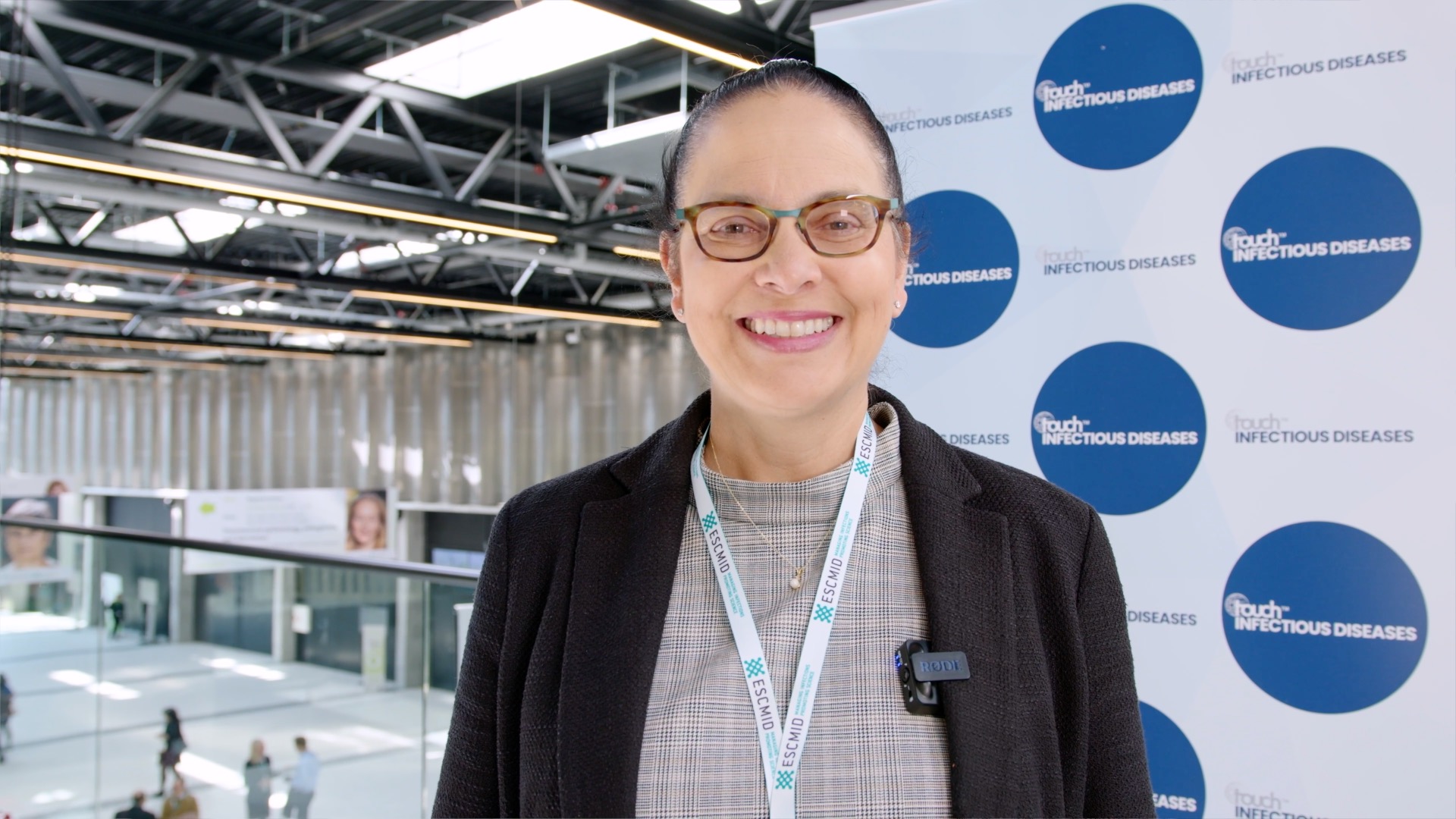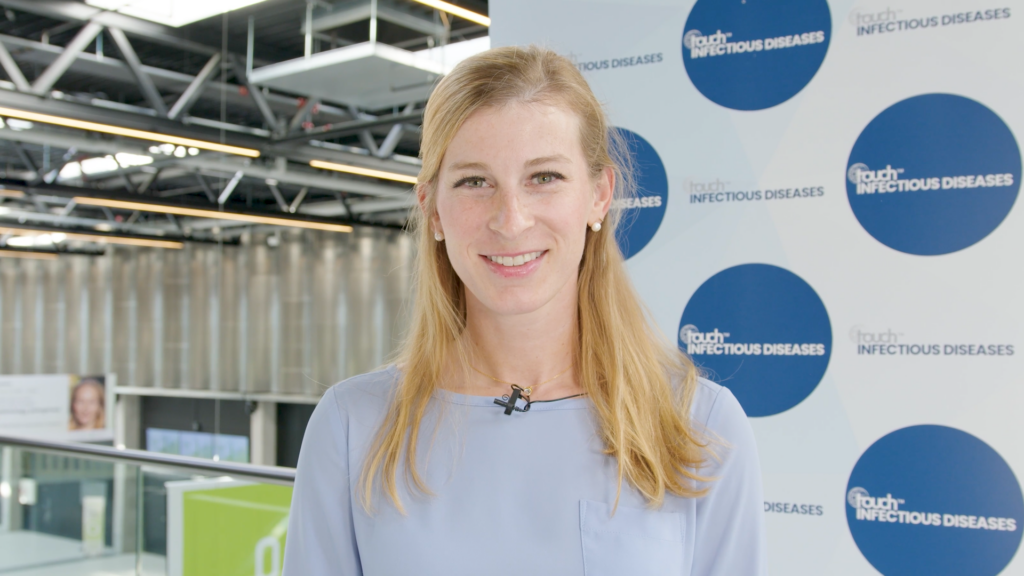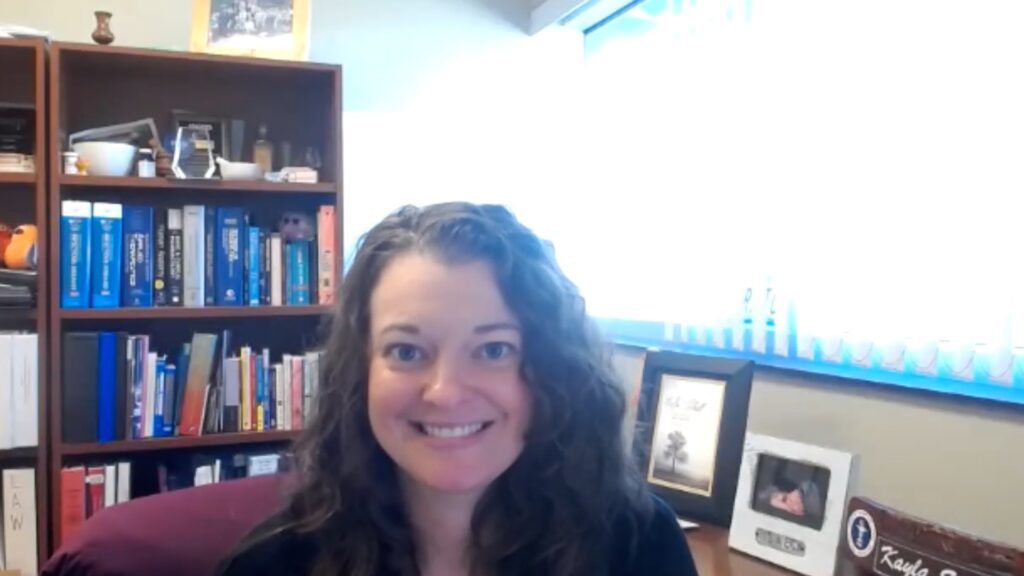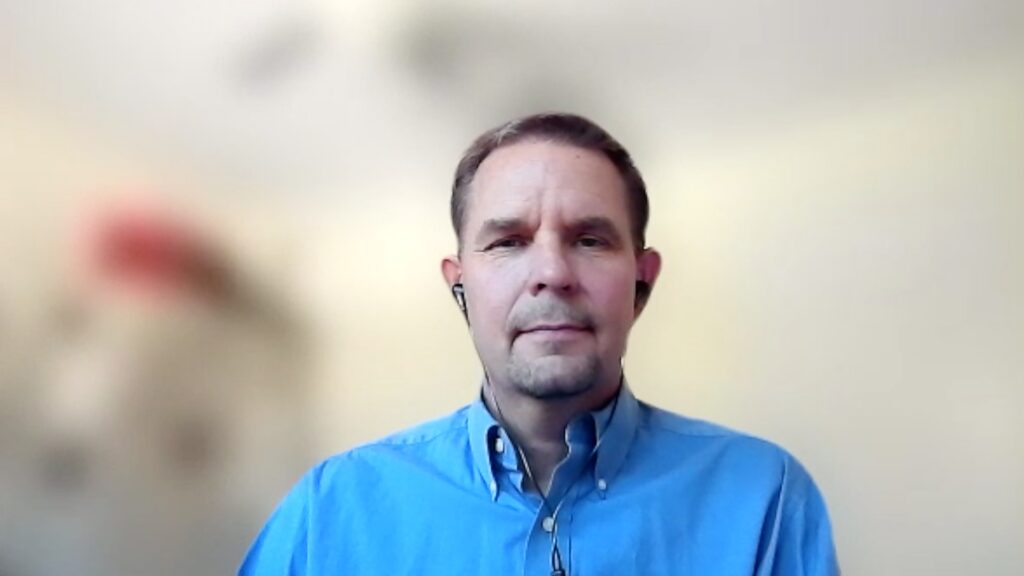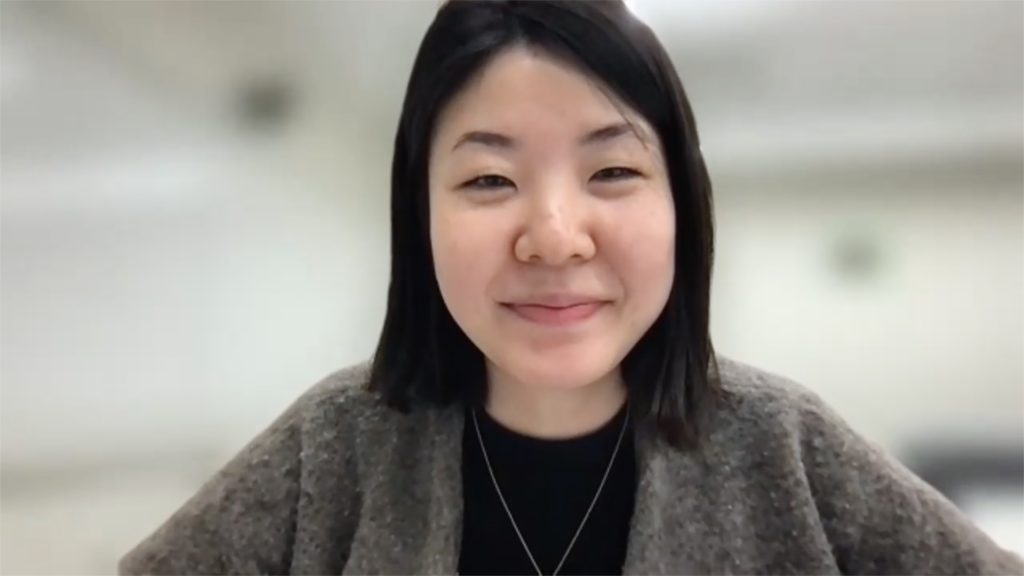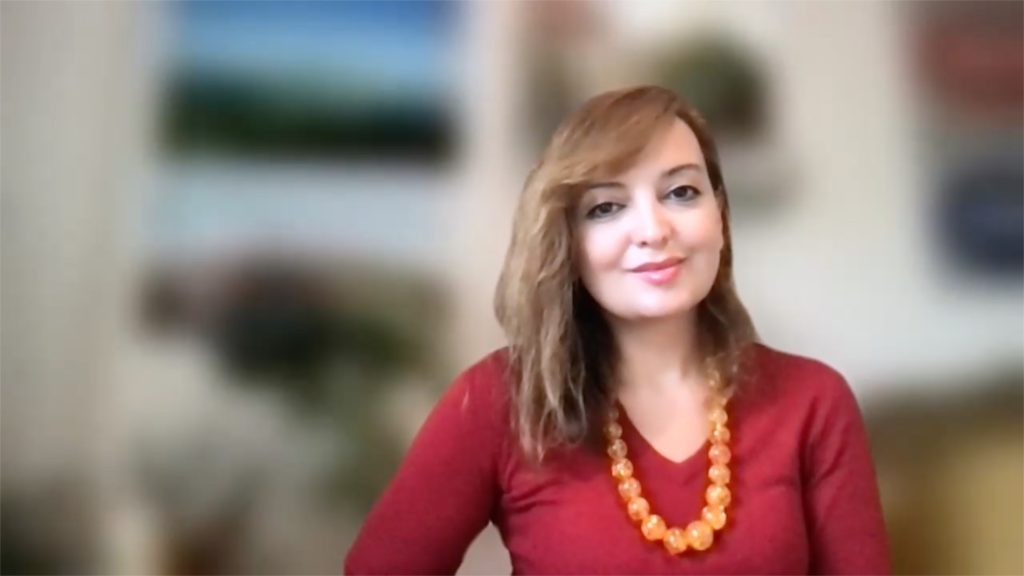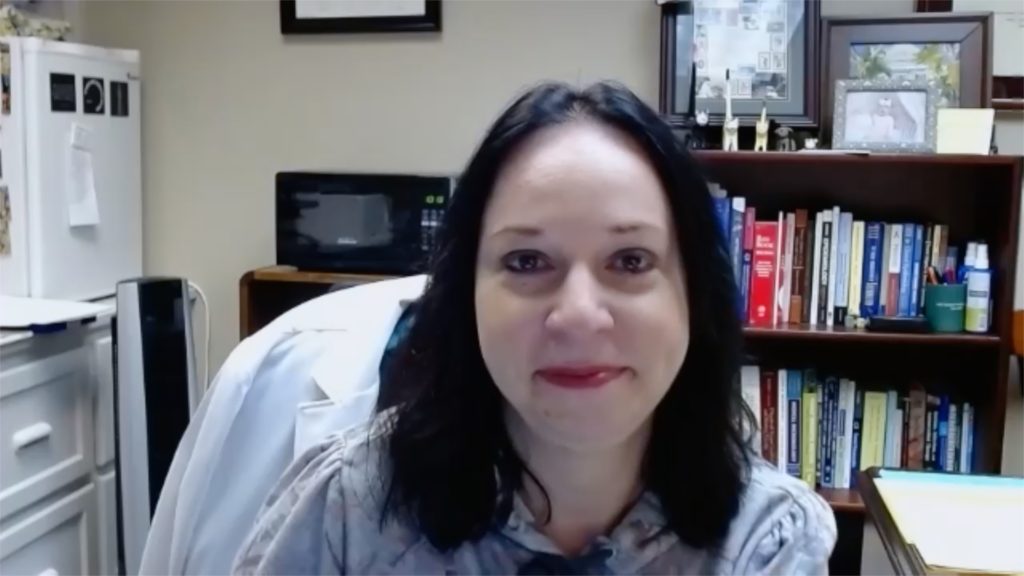Multidrug-resistant tuberculosis (MDR-TB) refers to the case when a clinical TB isolate is resistant to two of the most potent tuberculosis medications: isoniazid and rifampin. Globally, there are about half a million new cases of MDR-TB per year. Prof. Timothy Rodwell (UC San Diego, San Diego, CA, US) discusses the limitations of MDR-TB diagnosis and assessment as well as the new developments in next-generation sequencing in MDR-TB treatment.
‘Shedding Light on New MDR-TB Treatment Decisions with Next Generation Sequencing’ was presented at the annual International Conference on Emerging Infectious Diseases (ICEID), August 7–10, 2022.
- Could you give us a brief overview of multi drug resistant tuberculosis (MDR-TB) and its global health burden? (00:22)
- What have been the limitations of molecular testing for the diagnosis of and assessment of drug-resistant mutations in tuberculosis ? (01:02)
- What have been the latest developments in next generation sequencing tests in MDR-TB? (03:20)
Disclosures: Timothy Rodwell serves as a consultant for FIND; he receives grant/research support from NIH, DoD; he is a major stock shareholder in Verus Diagnostics.
Support: Interview and filming supported by Touch Medical Media. Interview conducted by Marianna Mignani.
Filmed as a highlight of ICEID 2022.

